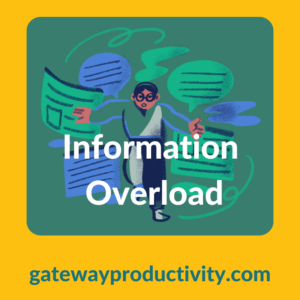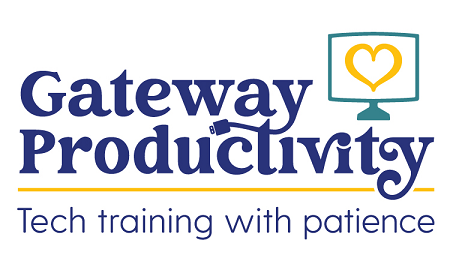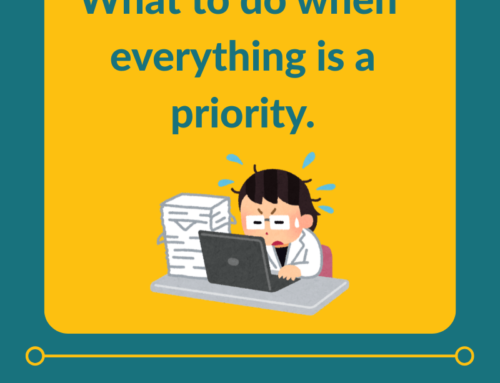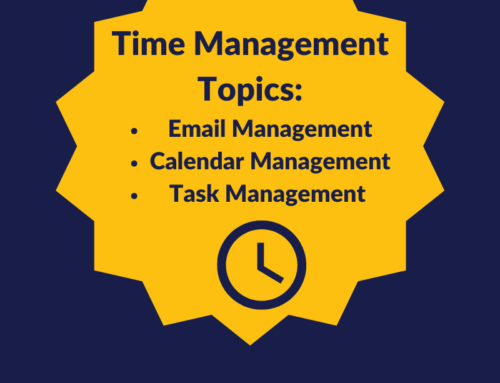
I don’t think it’s been listed as a true medical condition yet, but Information Overload is a very real, very unhealthy problem. And I have it. I’ll just put it out there. Should I quarantine? Haha. Do you have it? Many of us do, but we don’t want to admit it.
Information overload is when you have so much information coming in (usually electronically, but possibly paper as well) that you
1) Can’t keep up with it and
2) Feel the need to keep a lot more of it than you really need to
The overload could be coming from emails, website research, social media (you’re on how many social sites?), snail mail, notes taken during classes or meetings, webinars, ads of all kinds, tv shows, and…and…and. You get the idea. The symptoms of this problem are overwhelm, mental fatigue, loss of memory, difficulty focusing, disorganization, and…and…and.
So what can we do? We need to ask ourselves the same types of questions we would ask ourselves about physical items we might consider letting go of:
1) Is the information helpful?
2) Do I love the information?
3) Will I realistically refer back to this information?
4) What would happen if I didn’t have this information? Could I find it again?
5) What is the next step for this information?
If after asking those questions (especially #3 & #5), the information is still worth keeping, then you’ll need a way to keep track of it. There are lots of options out there depending on what kind of information it is. One option is Microsoft OneNote, which is good for those who are naturally organized and know how they want to organize their information. Another option is Evernote, which is a good choice if you’re a bit all over the place and creative and don’t want to create a huge organization system. Lastly, Notion is a great solution for technical people who want to customize everything about their organization system. These are all Information Management tools. The key is deciding what information you want to save, deciding what tool you want to use, and being consistent.
Join me in reducing that Information Overload with a good dose of practicality and organization.




